* Information concerning affiliation/post/profile of the laureate and guests is current at the time he/she received the prize.
2020 Honda Prize Commemorative Talk Session
Nov 18, 2020 - Honda Aoyama Builiding
Breakthrough that Industrie 4.0 Brings to Society
As a concept that brings a paradigm shift in human lives and dramatic transformation of social values and standards,Industrie 4.0 is recognized globally as an essential means of creating a sustainable society. What is needed to create such a society? What are the obstacles that must be resolved? Dr. Henning Kagermann, one of its leading proponents, spoke with Honda staff members who are exploring approaches to the Fourth Industrial Revolution in a variety of fields.
Talk Session Member
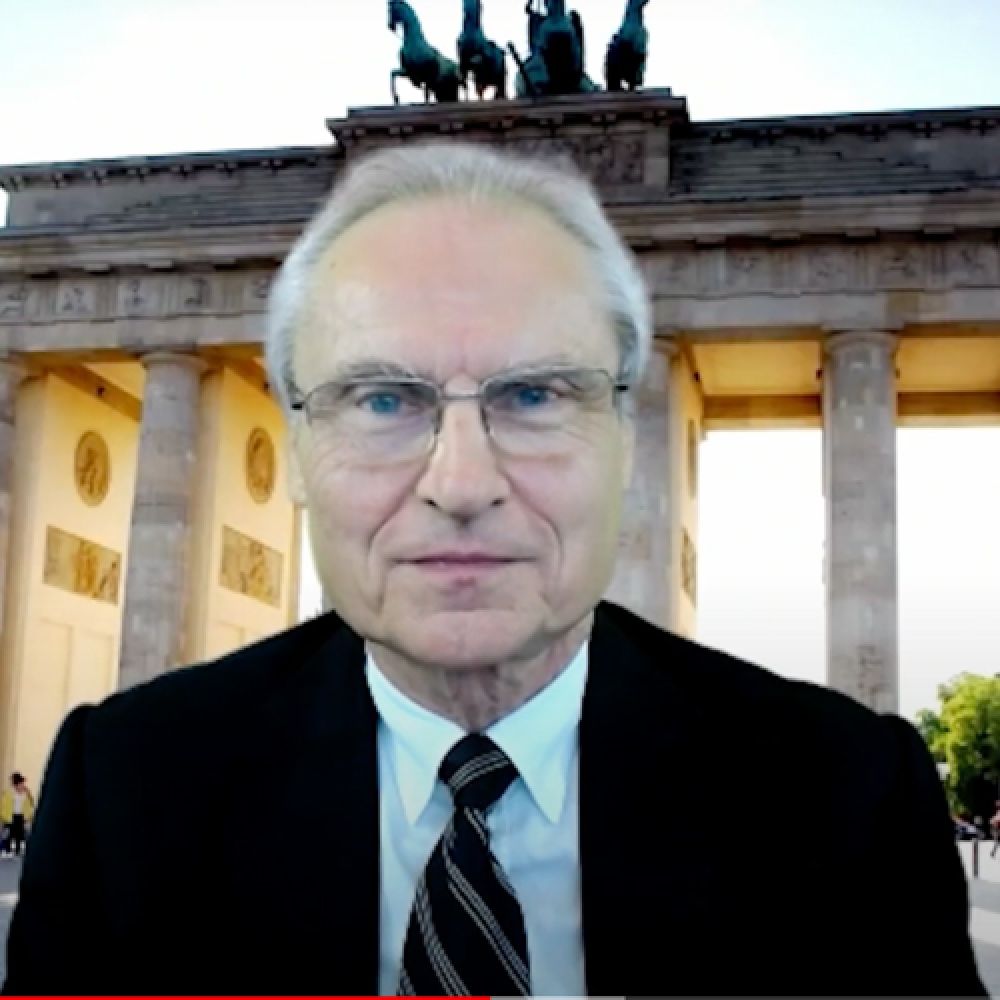
Dr.Henning Kagermann
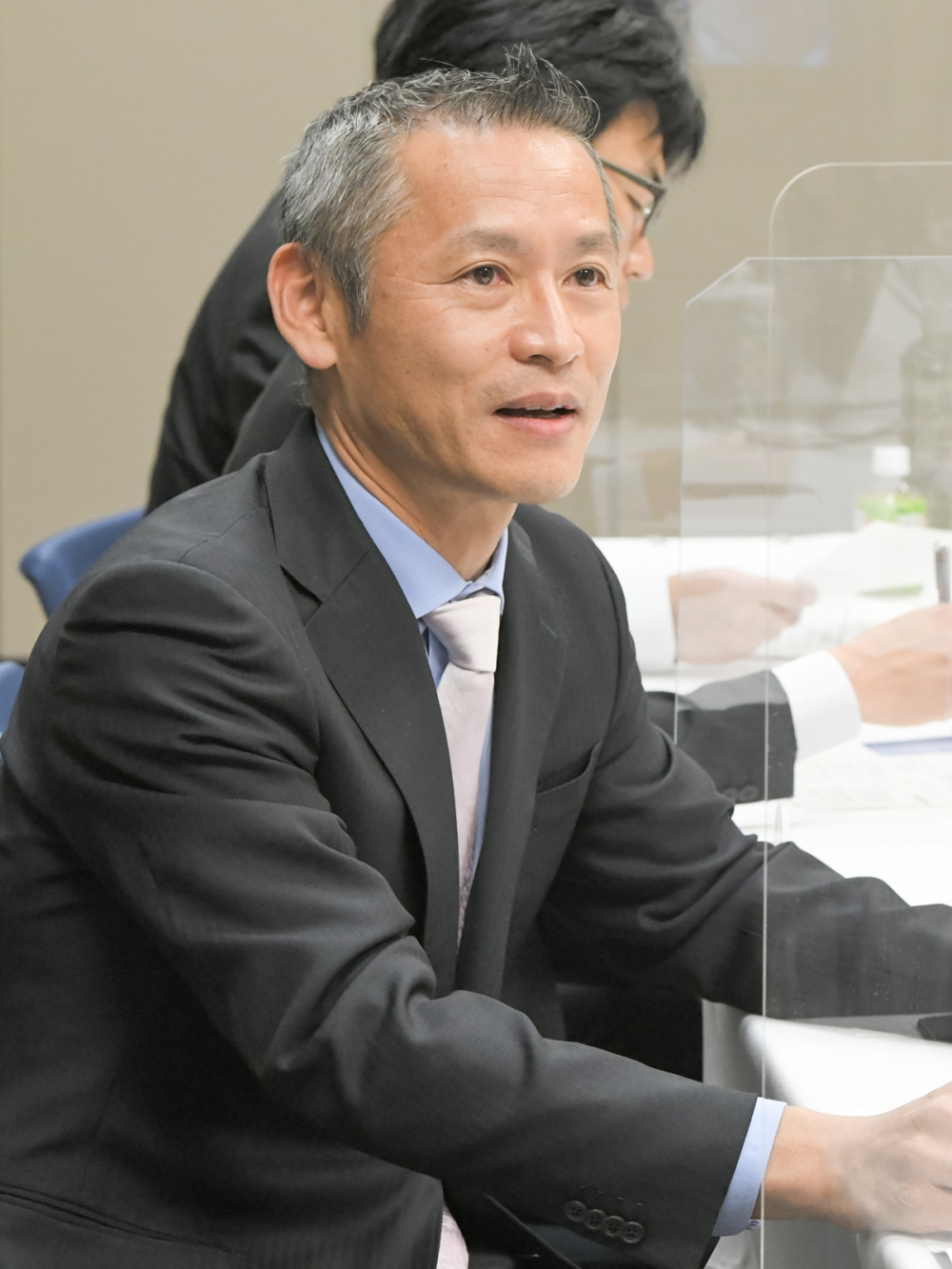
(Moderator)
Takehiro Wada
Senior Chief Engineer
Corporate Plannning Supervisory Unit
Takehiro Wada
Senior Chief Engineer
Corporate Plannning Supervisory Unit
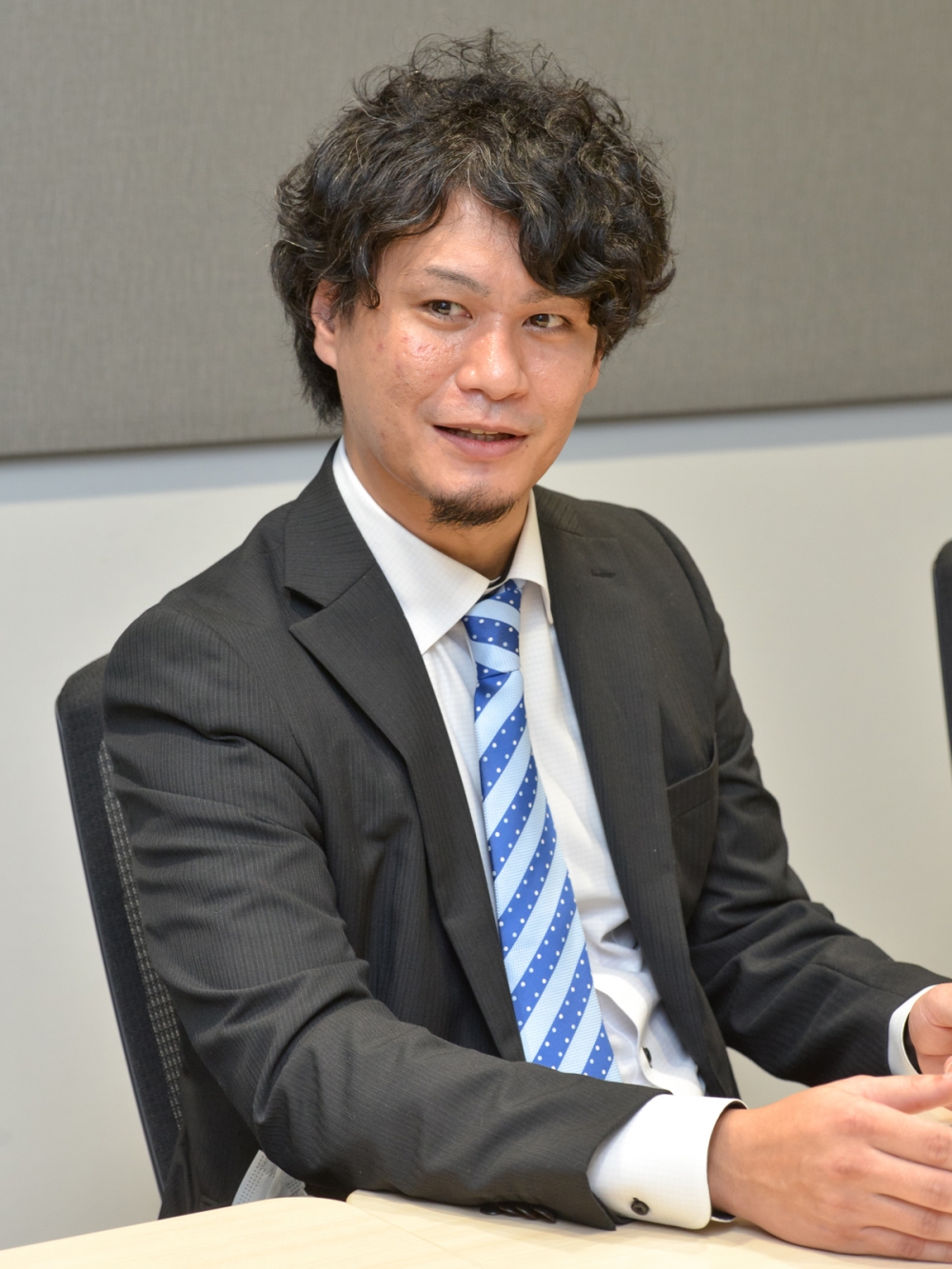
Yasuhiro Funato
Production Technology Planning Dept.
Vehicle Planning & Management Div.
Production Technology Planning Dept.
Vehicle Planning & Management Div.
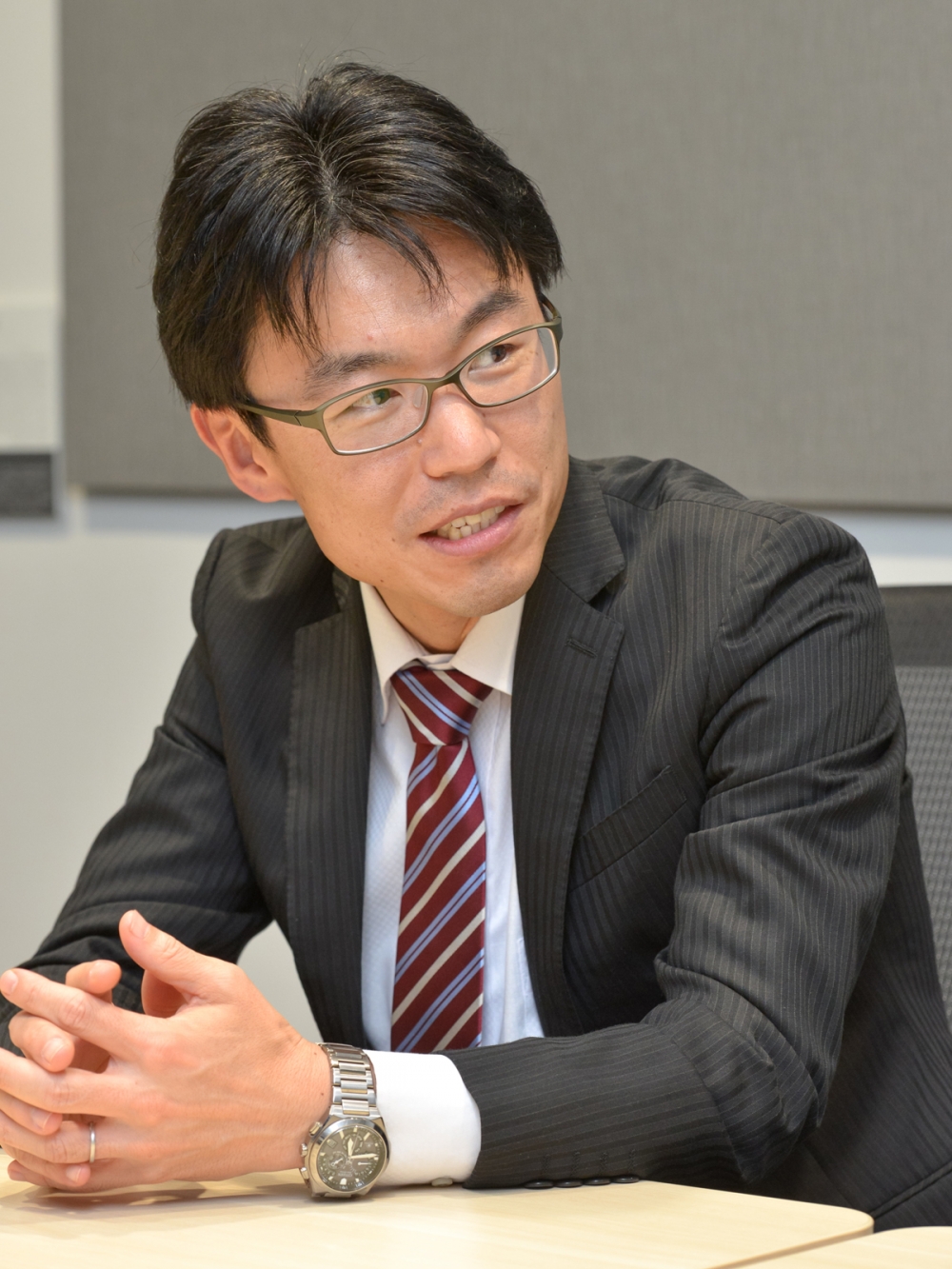
Kenji Inagaki
Body Performance Plannning Dept.
Vehicle Plannning & Management Div.
Body Performance Plannning Dept.
Vehicle Plannning & Management Div.
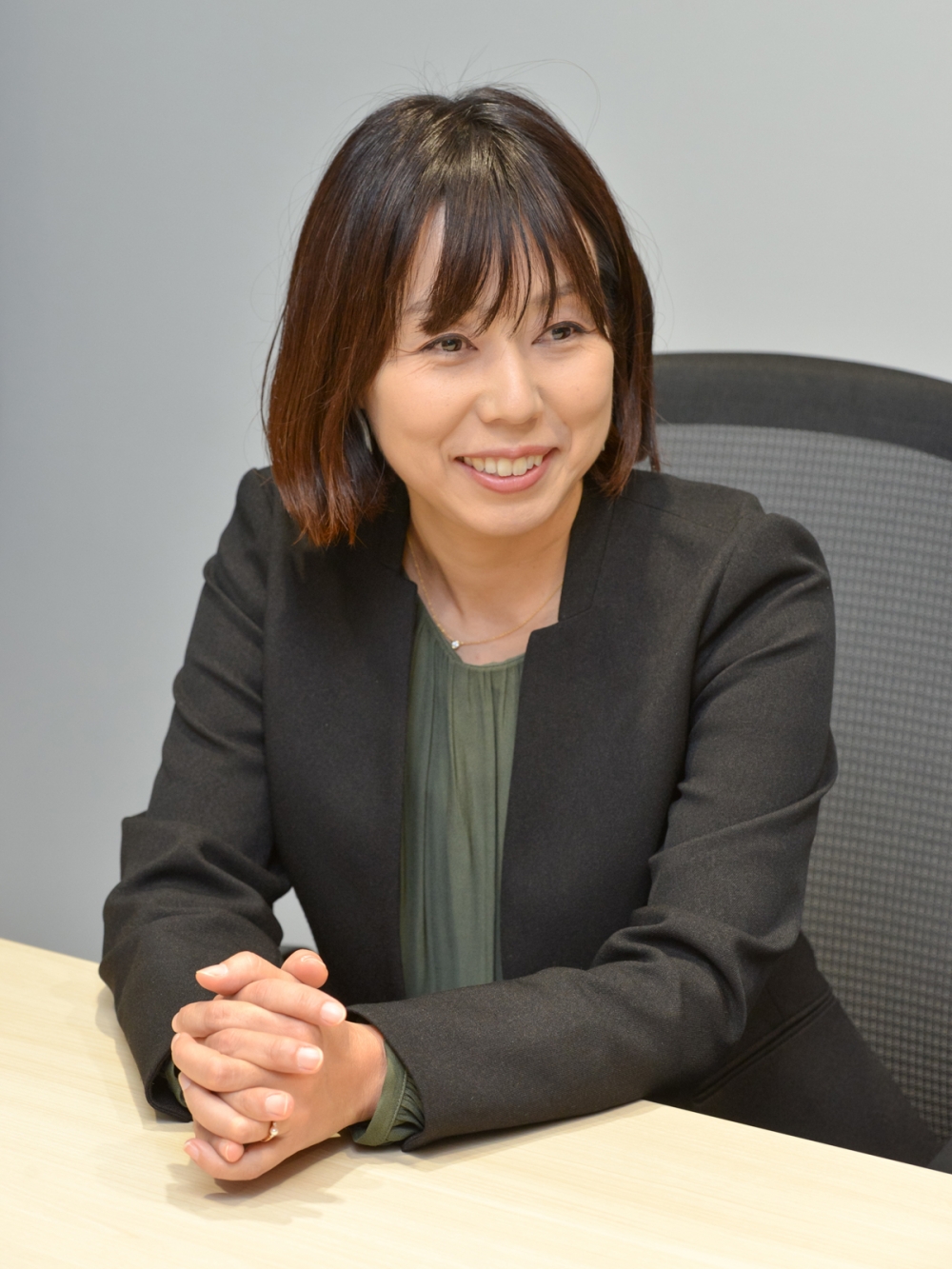
Rieko Okada
Mobility Service Business Operation Dept.
eMaaS Business Div.
Mobility Service Business Operation Dept.
eMaaS Business Div.
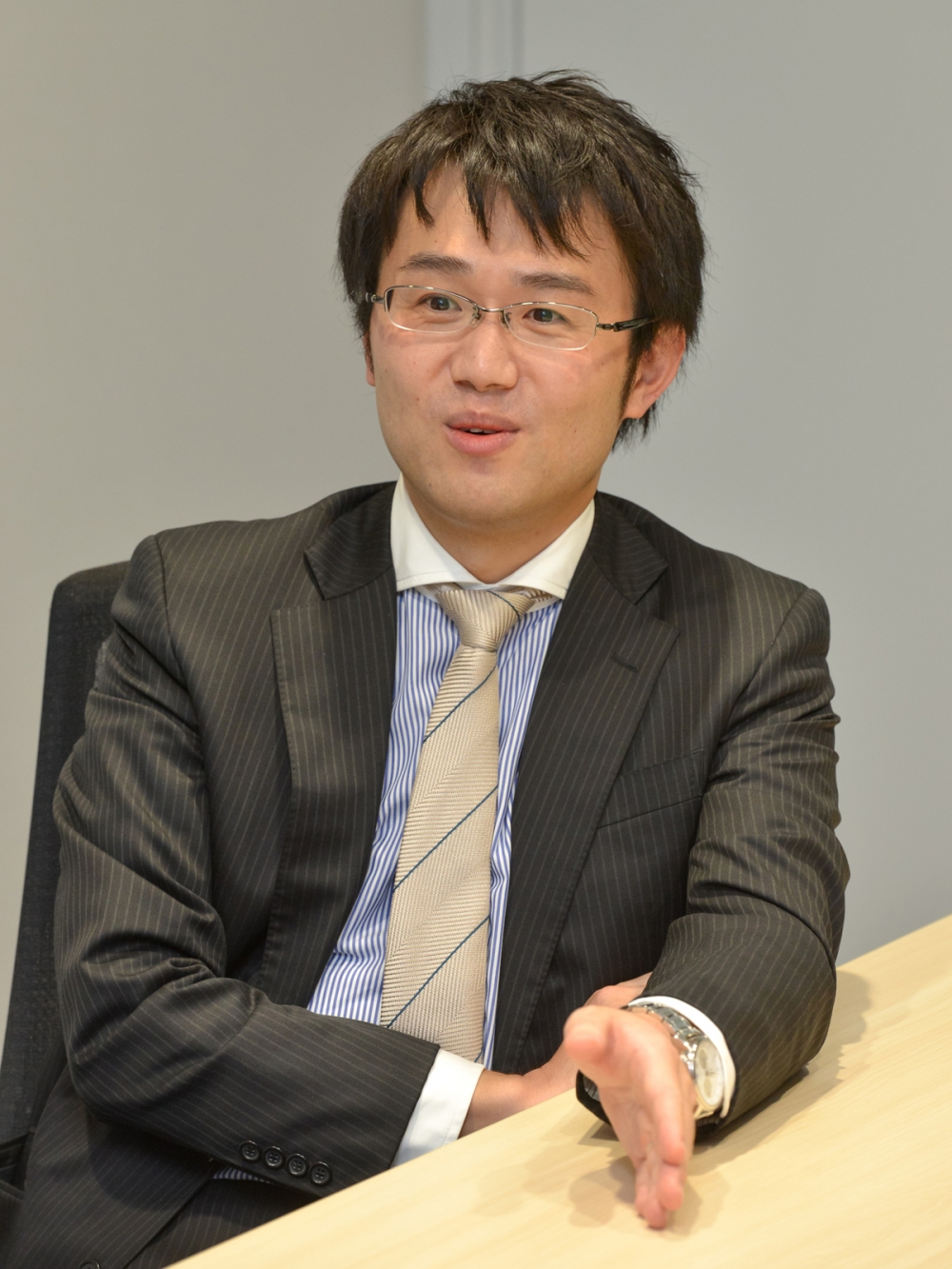
Naoya Yasuda
International Standardization Planning Dept.
Standardization Promotion Div.
International Standardization Planning Dept.
Standardization Promotion Div.
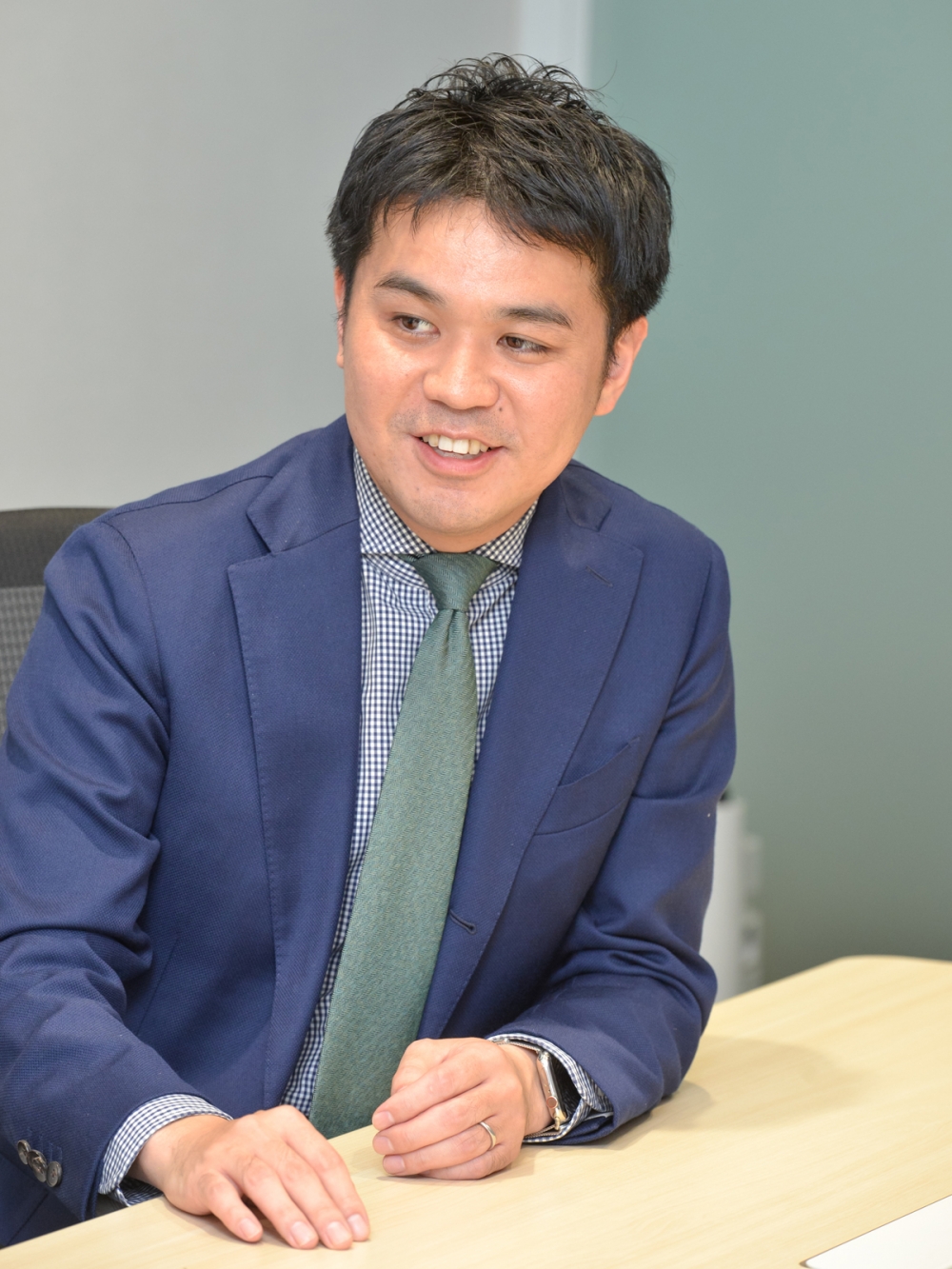
Yusuke Tsuboguchi
Associate Relations Div.
Associate Relations Div.
Q1) What has Industrie 4.0 brought to the COVID-19 pandemic?
Q. Industrie 4.0 is expected to bring drastic change to the quality of our lives in the future.
The ongoing COVID-19 pandemic is forcing change in our society today. Is Industrie 4.0 having a positive impact on society amid the pandemic? (Wada)
[Comment from Dr. Kagermann]
In face of the pandemic, further progress with the Green Deal has become a matter of great interest to German citizens. Within the EU framework, there is new movement in the European Commission calling for higher CO2 emission targets. The German automotive industry is presently challenged considerably to generate significant profits and is being compelled to invest in new technologies.
For this reason, the German government began discussions on the introduction of a new process that will enable its automotive industry to tackle challenges in the areas of alternative energy sources and digitization. In Germany two billion euros is being invested to address Industrie 4.0 and other important issues. Industrie 4.0 processes are expected to accelerate with the pandemic.
In relation to this, the German government involves not only CEOs but also top employees in its policy-making process and invites labor union representatives to attend relevant conferences.
In face of the pandemic, further progress with the Green Deal has become a matter of great interest to German citizens. Within the EU framework, there is new movement in the European Commission calling for higher CO2 emission targets. The German automotive industry is presently challenged considerably to generate significant profits and is being compelled to invest in new technologies.
For this reason, the German government began discussions on the introduction of a new process that will enable its automotive industry to tackle challenges in the areas of alternative energy sources and digitization. In Germany two billion euros is being invested to address Industrie 4.0 and other important issues. Industrie 4.0 processes are expected to accelerate with the pandemic.
In relation to this, the German government involves not only CEOs but also top employees in its policy-making process and invites labor union representatives to attend relevant conferences.
Q2) What led to the creation of the new systems in society?
Q. You have designed Industrie 4.0 as a new social system and pioneered building a process that brings real change to society. How was this possible? (Yasuda)
[Comment from Dr. Kagermann]
I did not create it alone. Preparations involved many experts. In particular, Dr. Wolf-Dieter Lukas, Dr. Wolfgang Wahlster and Dr. Siegfried Dais should be mentioned. I began by creating the concept of Industrie 4.0 as leader of a small team of experts and convinced then a larger group to participate in the project. Since my field is IT, it was necessary to have scientists and members of the National Academy of Science and Engineering (acatech), as well as specialists and engineers from various fields of manufacturing to participate while promoting the idea.
With roughly 40 scientists and specialists from various business fields participating in the project, I ultimately became representative of the group and submitted our recommendations regarding Industrie 4.0 and smart services to Chancellor Angela Merkel.
I did not create it alone. Preparations involved many experts. In particular, Dr. Wolf-Dieter Lukas, Dr. Wolfgang Wahlster and Dr. Siegfried Dais should be mentioned. I began by creating the concept of Industrie 4.0 as leader of a small team of experts and convinced then a larger group to participate in the project. Since my field is IT, it was necessary to have scientists and members of the National Academy of Science and Engineering (acatech), as well as specialists and engineers from various fields of manufacturing to participate while promoting the idea.
With roughly 40 scientists and specialists from various business fields participating in the project, I ultimately became representative of the group and submitted our recommendations regarding Industrie 4.0 and smart services to Chancellor Angela Merkel.
Q3) Was “standardization” accepted?
Q. Standardization is regarded as one of the highlights of Industrie 4.0. Developing common rules is difficult, regardless of the size of the nation or organization. Does Germany have the foundation for accepting such a difficult undertaking? Also, how were you able to push standardization forward? (Funato)
[Comment from Dr. Kagermann]
In 2010, I participated in the development of the electric vehicle platform in Germany.
Standards related to charging needed to be unified in Europe. A working group was organized for this purpose. Electric vehicle standardization required the cooperation of both the automotive industry and the energy industry, which had so far never worked jointly on standardization. The experience gained there served as a role model for Industrie 4.0.
The standardization project began with the working group collecting requirements from a business perspective on “what must be standardized.” This was submitted for deliberation by organizations in Germany. The agreement reached there provided the basis for talks with European organizations and subsequently to proposals to the international organization, cascading in stages in this way. At the same time, we consulted with higher government officials of Germany to obtain their cooperation.
Because Industrie 4.0 requires standardization of semantic interoperability (standards for linking programming languages to actual behavior) and standardization among different vendors, the project needed to progress in this manner.
In 2010, I participated in the development of the electric vehicle platform in Germany.
Standards related to charging needed to be unified in Europe. A working group was organized for this purpose. Electric vehicle standardization required the cooperation of both the automotive industry and the energy industry, which had so far never worked jointly on standardization. The experience gained there served as a role model for Industrie 4.0.
The standardization project began with the working group collecting requirements from a business perspective on “what must be standardized.” This was submitted for deliberation by organizations in Germany. The agreement reached there provided the basis for talks with European organizations and subsequently to proposals to the international organization, cascading in stages in this way. At the same time, we consulted with higher government officials of Germany to obtain their cooperation.
Because Industrie 4.0 requires standardization of semantic interoperability (standards for linking programming languages to actual behavior) and standardization among different vendors, the project needed to progress in this manner.
Q4) The effect of Industrie 4.0 implementation on all industries
Q. We were impressed by the case of Adidas’ SPEEDFACTORY for its sportswear, moving its factories from developing countries to Germany to cut down lead times and transportation costs while adapting to customer needs. Will similar effects be possible for the automotive industry, which involves large-scale production in the heavy industries? (Inagaki)
[Comment from Dr. Kagermann]
My favorite example in this respect is the joint efforts by the subsidiaries of Porsche with KUKA, a German manufacturer of industrial robots and solutions for factory automation.
They have created a “smart factory as a service” business model by utilizing a variety of data effectively to guarantee certain quality or productivity improvements.
Also, the vast majority of successful practices are “brown field” cases; that is, successful improvements in productivity made possible by large production factory upgrades and DX (digital transformation). On the other hand, there are also successful cases in the “green field,” although they are still few in number. The top model in the industry is being produced at a very small factory with Industrie 4.0, improving productivity significantly. There are also green field cases in which improvements in time to market resulted in 30 to 50 percent.
Also, Industrie 4.0 implementation will not only bring flexibility in responding to customer needs but also the potential to match working time better with needs in the lives of workers, such as caring for aging parents or children. I believe this is an important benefit.
My favorite example in this respect is the joint efforts by the subsidiaries of Porsche with KUKA, a German manufacturer of industrial robots and solutions for factory automation.
They have created a “smart factory as a service” business model by utilizing a variety of data effectively to guarantee certain quality or productivity improvements.
Also, the vast majority of successful practices are “brown field” cases; that is, successful improvements in productivity made possible by large production factory upgrades and DX (digital transformation). On the other hand, there are also successful cases in the “green field,” although they are still few in number. The top model in the industry is being produced at a very small factory with Industrie 4.0, improving productivity significantly. There are also green field cases in which improvements in time to market resulted in 30 to 50 percent.
Also, Industrie 4.0 implementation will not only bring flexibility in responding to customer needs but also the potential to match working time better with needs in the lives of workers, such as caring for aging parents or children. I believe this is an important benefit.
Q5) Importance of “employability”
Q. Why have you placed “employability” as a top priority in your vision for Industrie 4.0? Honda has placed emphasis on deeper exploration of one field of specialization to produce products that are creative and high-quality. In face of the demand for soft skills expected in the future, how do you think employability should be improved? (Tsuboguchi)
[Comment from Dr. Kagermann]
Employability was actually not included in 2011 and was added later. With the emergence of AI and autonomous systems, concerns are growing on whether people will be able to keep their jobs, whether the jobs of their choice will last and whether it will cause high unemployment rates. Also, the skills organizations will require of employees will change. In face of these developments, how to address these issues became a new theme.
Thirty years ago, university study in mechanical or electrical engineering assured work for one's entire life in both Japan and Germany. In the future, however, each person will be required to make time for continuous skills improvement to enable them to work in a new area. This should not be the responsibility of each employee alone but should be done with adequate support from their companies.
One is education emphasizing soft skills (in communication, team-building and project management). The other is creating opportunities for individuals to tackle work in new fields and to uncover what skills they actually have. People will have to learn through experience what to do when thrown into a pool of cold water.
Employability was actually not included in 2011 and was added later. With the emergence of AI and autonomous systems, concerns are growing on whether people will be able to keep their jobs, whether the jobs of their choice will last and whether it will cause high unemployment rates. Also, the skills organizations will require of employees will change. In face of these developments, how to address these issues became a new theme.
Thirty years ago, university study in mechanical or electrical engineering assured work for one's entire life in both Japan and Germany. In the future, however, each person will be required to make time for continuous skills improvement to enable them to work in a new area. This should not be the responsibility of each employee alone but should be done with adequate support from their companies.
One is education emphasizing soft skills (in communication, team-building and project management). The other is creating opportunities for individuals to tackle work in new fields and to uncover what skills they actually have. People will have to learn through experience what to do when thrown into a pool of cold water.
Q6) Identifying originality that lies beyond standardization
Q. I feel that standardization is not the goal of Industrie 4.0. Rather, it is a tool for creating new values by transcending the boundaries of business competition as we see it today. Still, how will people identify the uniqueness of a company when Industrie 4.0 is disseminated in society? (Okada)
[Comment from Dr. Kagermann]
Products and services will be provided in the years ahead within the framework of ecosystems in which multiple industries and businesses coordinate their action. Under such conditions, the competition will be in how companies win recognition and loyalty from consumers. In the case of the Apple brand, for instance, consumers recognize the products and services under that name as belonging to Apple, even when they are actually manufactured by other companies. I cannot foresee in what areas consumers will direct their attention to perceive value as smart services advance. However, I am concerned that automotive companies will lose user recognition of their brands unless they continue to maintain contact with their customers and continue changing to provide quality user experiences.
As IT businesses shift from software sales to “as a service” businesses, car manufacturing companies must shift from products to services; that is, “mobility as a service.” Reform of this style that requires totally different business models and cultures is not easy and will be time-consuming. However, I strongly believe that changes of this type are necessary.
Products and services will be provided in the years ahead within the framework of ecosystems in which multiple industries and businesses coordinate their action. Under such conditions, the competition will be in how companies win recognition and loyalty from consumers. In the case of the Apple brand, for instance, consumers recognize the products and services under that name as belonging to Apple, even when they are actually manufactured by other companies. I cannot foresee in what areas consumers will direct their attention to perceive value as smart services advance. However, I am concerned that automotive companies will lose user recognition of their brands unless they continue to maintain contact with their customers and continue changing to provide quality user experiences.
As IT businesses shift from software sales to “as a service” businesses, car manufacturing companies must shift from products to services; that is, “mobility as a service.” Reform of this style that requires totally different business models and cultures is not easy and will be time-consuming. However, I strongly believe that changes of this type are necessary.
Q7) Beyond cultural and organizational boundaries
Q. I feel that boundaries between cultures and obstacles to taking on new challenges grew as organizations increased in size. Have you felt similar barriers in Germany? Also, what action was taken in the face of such barriers? (Funato)
[Comment from Dr. Kagermann]
I understand that this is a problem not only for Japan but a common issue for the entire world. The famous book The Innovator's Dilemma: When New Technologies Cause Great Firms to Fail describes the dilemma of businesses that have achieved great success not being able to create products and services that meet contemporary needs. In my lecture yesterday, I referred to ambidextrous structures (a combination of management structures for existing proven business and new disruptive business structures in parallel) and dual strategies. In recent years, some businesses have starting working with the incubator concept and preserving small-scale R&D and projects. In such circumstances, there is demand for methodologies and leadership styles that are different from work at large corporations. I believe that businesses will not be able to survive if they slack in addressing these challenges.
And the key here is whether people in management are able to go beyond existing fields and enter new areas where new styles of leadership and working are required. It will become important to lead both old culture- and new culture-teams with precise timing and to be conscious of how quickly the company is able to build its main services in the new field.
Young people will join companies with new tools and up-to-date theoretical knowledge. Veterans with much more experience-based knowledge should not reject them outright but examine what will become possible. Market requirements are changing continually. What had been done until now might be wrong tomorrow. If this happens, business survival is threatened. The problems and issues I have mentioned will present ever larger challenges to people in engineering. Attention should be paid to both existing business and innovation.
I understand that this is a problem not only for Japan but a common issue for the entire world. The famous book The Innovator's Dilemma: When New Technologies Cause Great Firms to Fail describes the dilemma of businesses that have achieved great success not being able to create products and services that meet contemporary needs. In my lecture yesterday, I referred to ambidextrous structures (a combination of management structures for existing proven business and new disruptive business structures in parallel) and dual strategies. In recent years, some businesses have starting working with the incubator concept and preserving small-scale R&D and projects. In such circumstances, there is demand for methodologies and leadership styles that are different from work at large corporations. I believe that businesses will not be able to survive if they slack in addressing these challenges.
And the key here is whether people in management are able to go beyond existing fields and enter new areas where new styles of leadership and working are required. It will become important to lead both old culture- and new culture-teams with precise timing and to be conscious of how quickly the company is able to build its main services in the new field.
Young people will join companies with new tools and up-to-date theoretical knowledge. Veterans with much more experience-based knowledge should not reject them outright but examine what will become possible. Market requirements are changing continually. What had been done until now might be wrong tomorrow. If this happens, business survival is threatened. The problems and issues I have mentioned will present ever larger challenges to people in engineering. Attention should be paid to both existing business and innovation.
Conclusion
Wada:
Thank you very much. We hope to make use of what we have learned today in our next business challenges.
Thank you very much. We hope to make use of what we have learned today in our next business challenges.
Dr. Kagermann:
I was glad to be able to speak with young people not only in engineering but also in personnel management and other jobs, although in a remote session. Please turn today’s changes into business opportunities.
I was glad to be able to speak with young people not only in engineering but also in personnel management and other jobs, although in a remote session. Please turn today’s changes into business opportunities.






